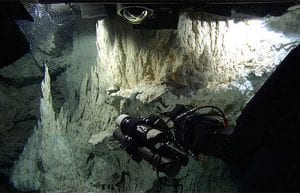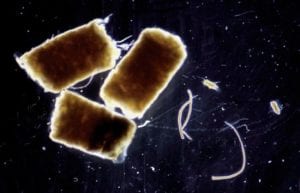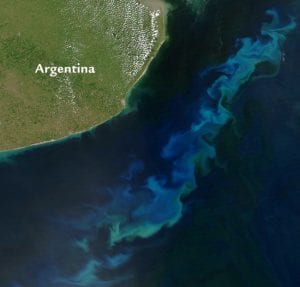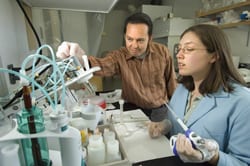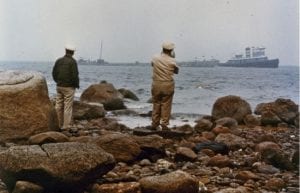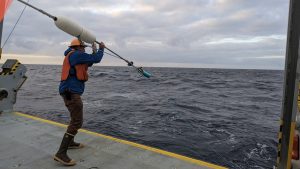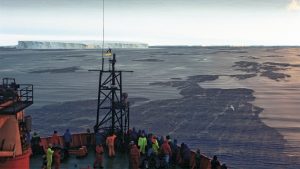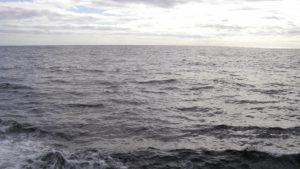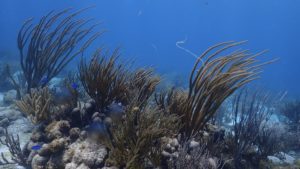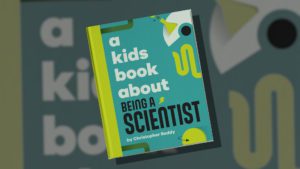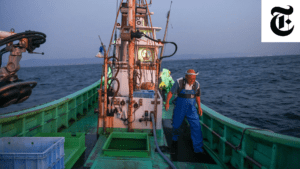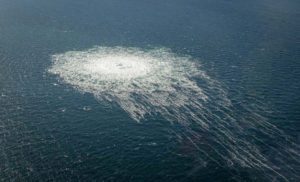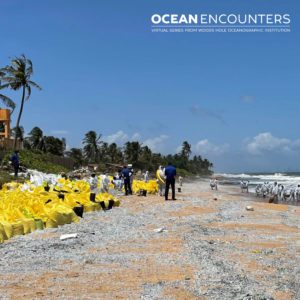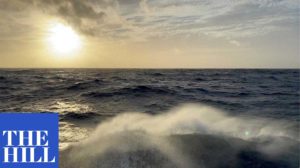Research Highlights
Oceanus Magazine
News Releases
A series of seemingly small processes helps carry carbon dioxide from the ocean’s surface to the deep sea, where it can be stored away for decades.
A newly published article spells out the work needed to assess the potential of ocean iron fertilization as a low cost, scalable, and rapidly deployable method of mCDR.
Change was made in response to changing ship availability and to resulting changes in ocean conditions later in the year
What species live in this coral reef, and are they healthy? Chemical clues emitted by marine organisms might hold that information
In his new book, A Kids Book About Being a Scientist, award-winning author and WHOI chemist Chris Reddy encourages young people to explore the world around them
News & Insights
WHOI marine radiochemist Ken Buesseler weighs in on the discharge of wastewater from Fukushima
In case you missed it… From plastic to oil spills, experts discuss ways to control ocean pollution in our last Ocean Encounters
An op-ed in the national news outlet The Hill by WHOI senior scientist Ken Buesseler reinforces the power and importance of the ocean in carbon dioxide removal strategies

